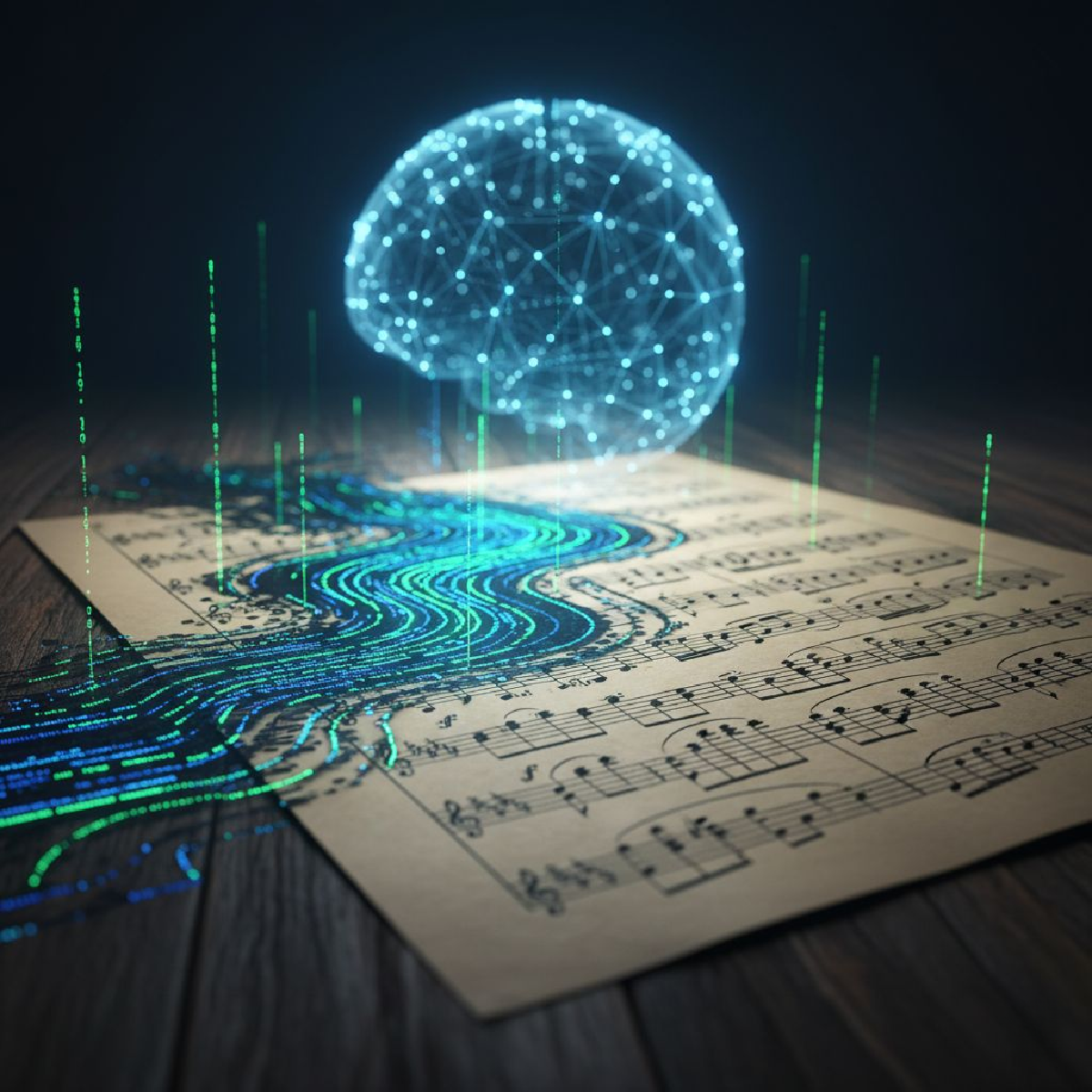OpenAI is developing an AI-powered music tool that can generate songs from text and audio prompts. The move puts it in direct competition with existing players like Suno and Udio, which have already demonstrated that AI can create surprisingly convincing music.
This builds on OpenAI’s earlier work with MuseNet, a 2019 experiment that could compose four-minute pieces across different styles and instruments. But this time, the stakes are higher—and so are the legal risks.
Why This Matters#
AI music generation has moved from experimental curiosity to practical tool. Suno and Udio have shown there’s real demand: creators want to generate custom soundtracks, background music, and even full songs without hiring musicians or navigating licensing.
OpenAI’s entry signals that major AI labs see music generation as more than a novelty—it’s becoming a core capability. If you can generate text, images, and video, music is the logical next frontier.
But there’s a problem: all these models learn from existing music. And unlike text scraped from the web, music has extremely clear copyright protections and powerful rightsholders. Several major labels have already filed lawsuits against Suno and Udio, claiming their models were trained on copyrighted material without permission.
The Real Question#
The technology works. That’s not in dispute. What’s unclear is whether the legal framework will allow it to exist at scale.
OpenAI has already faced lawsuits over text training data from publishers like The New York Times. Music is even more complicated because the industry has decades of experience protecting IP and a business model built entirely on licensing rights.
If AI music tools can’t secure proper licensing or win fair use arguments in court, they’ll either operate in legal gray zones or face massive liability. OpenAI entering this space suggests they believe they can navigate this—or that the potential upside is worth the risk.
What to Watch#
The interesting question isn’t whether AI can make music—it’s whether the music industry will let it. OpenAI has deep pockets and legal resources, but so do record labels. How this plays out will determine whether AI music generation becomes mainstream or stays in a legal no-man’s-land.
AI can generate songs that sound real. Whether it can generate songs it’s actually allowed to create is still being decided in court.
Learn more: Visit OpenAI’s website for updates on their audio and music capabilities.


